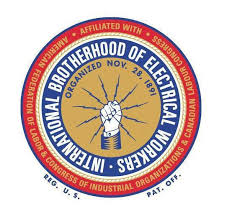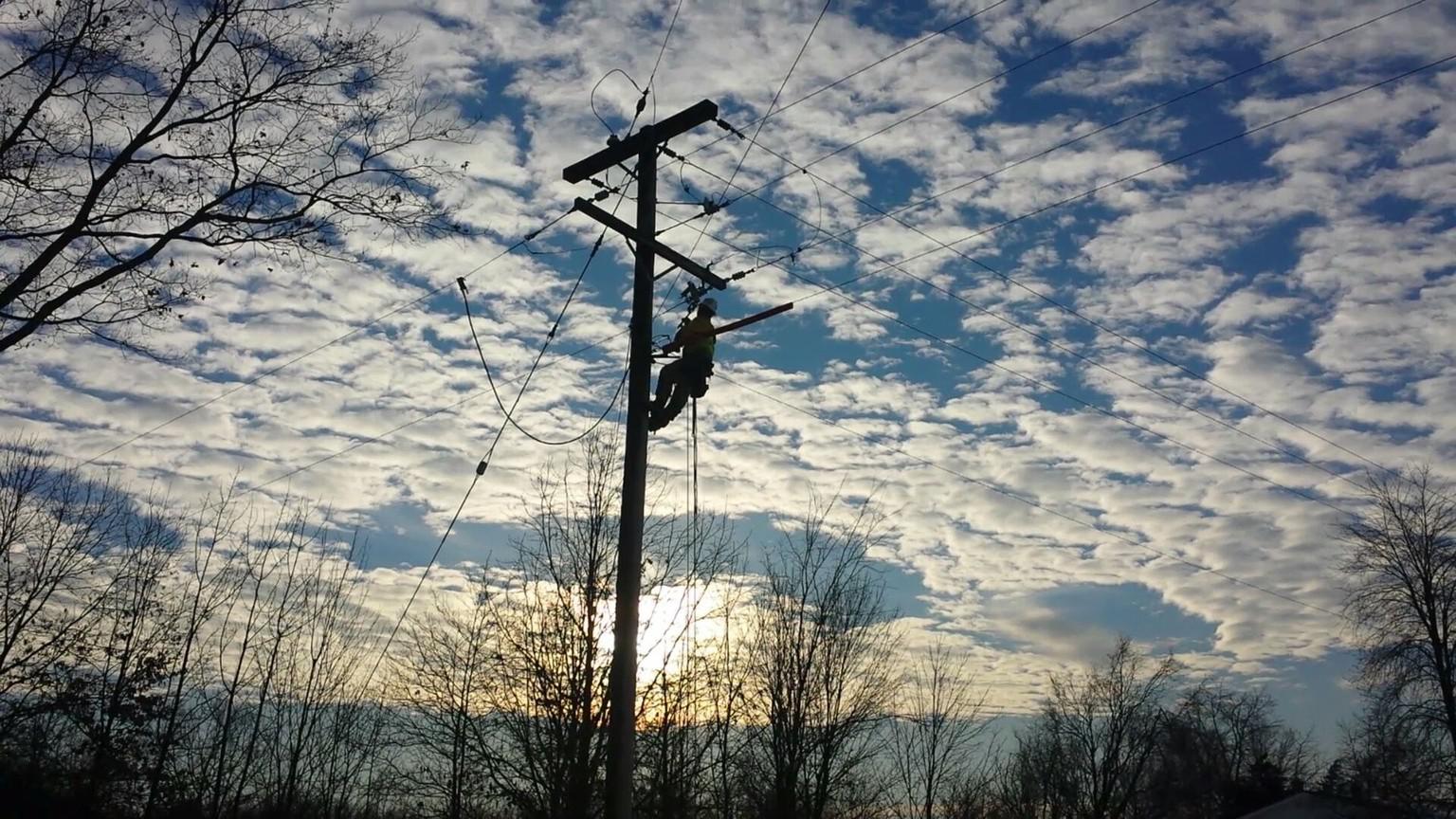Business Manager: Sean W. Daly
Permit Reform Urged on Capitol Hill
An 18-year wait for a permit on a construction project sounds like a long time. But at least the Trans-West Express Transmission project was finally approved last month – and 700 IBEW members will soon be on the ground building its high voltage transmission lines across four states.
The problem? Gaining the necessary approvals to build transmission lines is so tricky that projects that would employ thousands of IBEW members have languished in a broken process for decades, despite the need for new high-voltage electricity.
Now Washington appears poised to act on permitting reform. President Biden announced a plan on May 10, the day before AFL-CIO President Liz Shuler testified before the Senate Energy and Natural Resources Committee in a hearing on reforming the permitting process for energy and mineral projects.
The Biden administration is proposing to use existing authority under the Federal Power Act that allows the Department of Energy to accelerate the permitting of transmission capacity.
Trans-West, Grain Belt, and countless other sidelined projects represent the additional capacity the electrical grid requires to support new domestic manufacturing and upgrades to the electric grid – all investments made possible by recently enacted legislation.
But long standing regulatory red tape, due to overlapping federal, state, and local approval processes, environmental impact reviews, and lawsuits, have practically brought new transmission projects to a standstill, fueling growing concerns about grid resiliency and stability.
“Thanks to the Biden administration and this Congress, we have a historic opportunity to create millions of good union jobs, make our infrastructure world-leading and resilient to climate impacts, and set our country on track for secure, domestic supply chains in mining, energy and manufacturing,” Shuler said on Capitol Hill.
In her remarks, Shuler advocated for certainty that allows communities and companies to commit to a project, a speedier path to approval, and a consistent, standardized process for permitting.
The federal government is releasing billions of dollars in federal funding from the Bipartisan Infrastructure Law and the Inflation Reduction Act to incentivize the construction of regionally significant infrastructure projects. Without a straightforward and reliable federal permitting process to ensure the permits are processed promptly, delays cost thousands of IBEW jobs and cost customers billions of dollars annually.
Posted May 25, 2023

